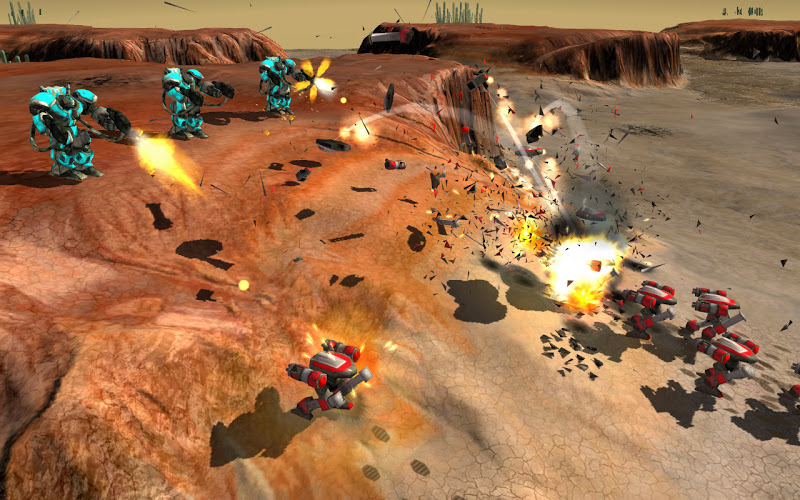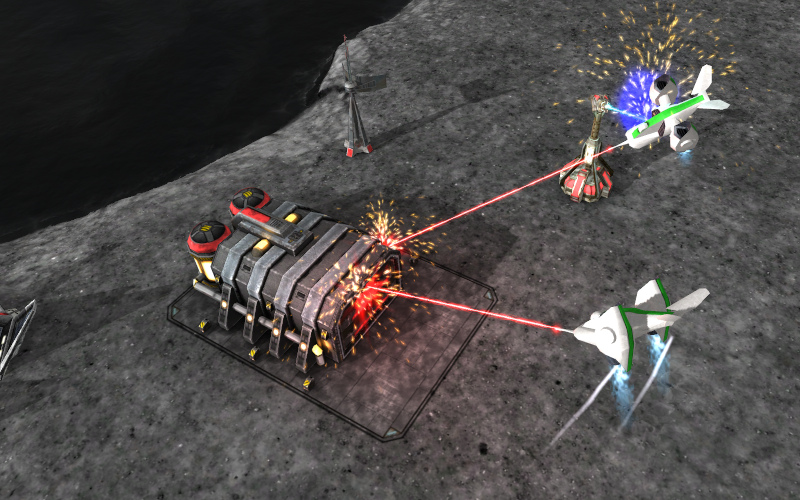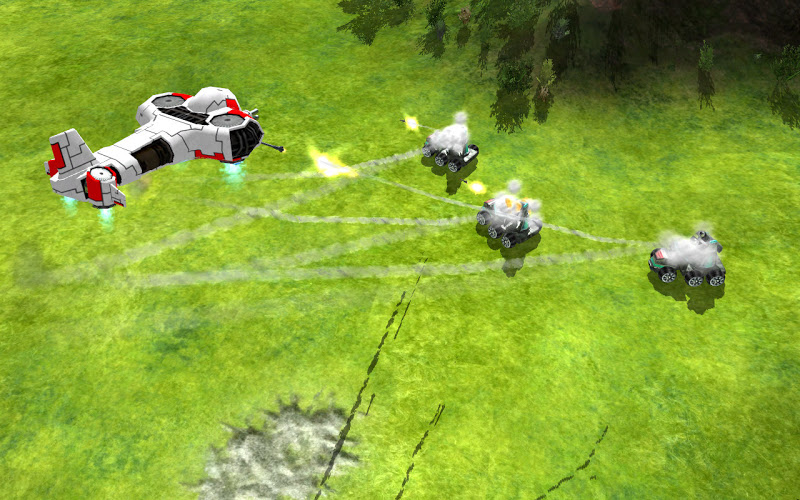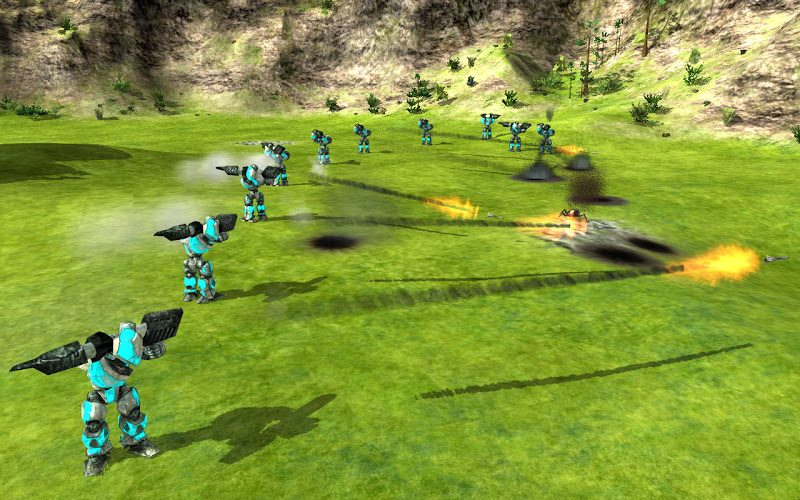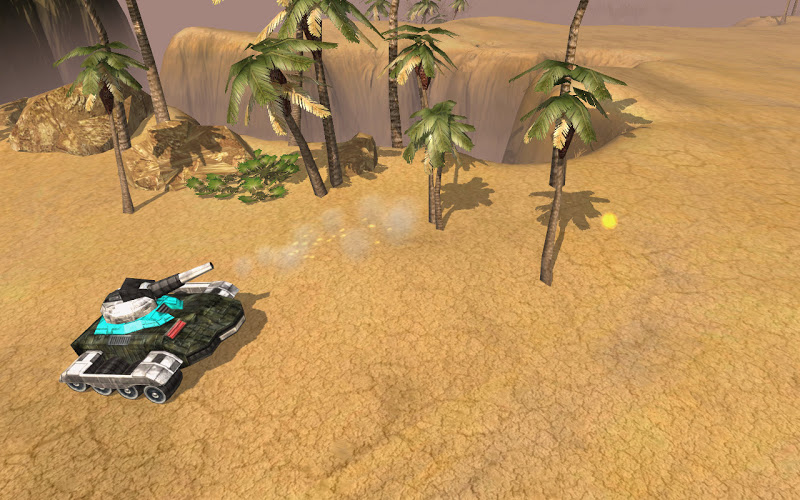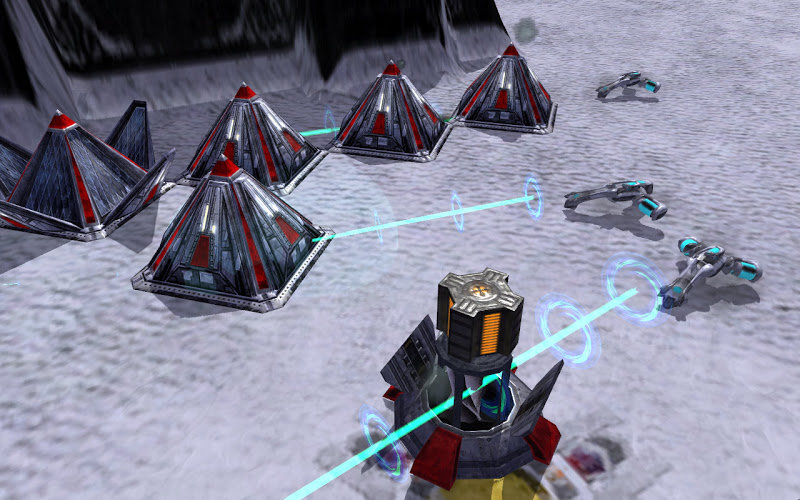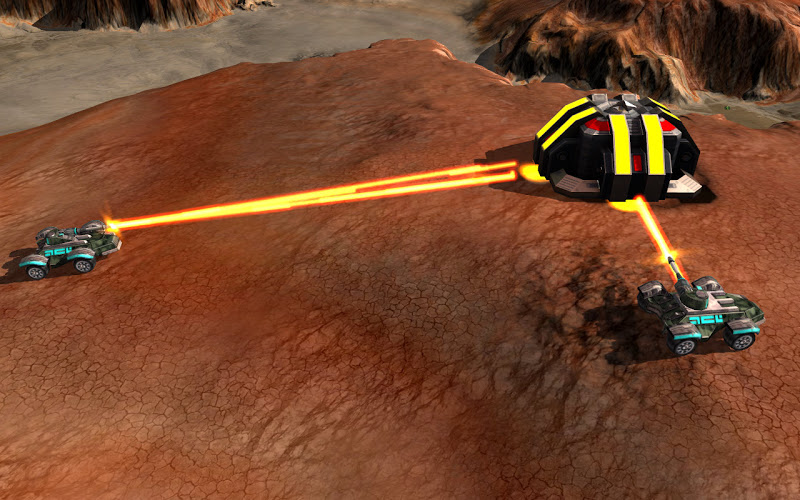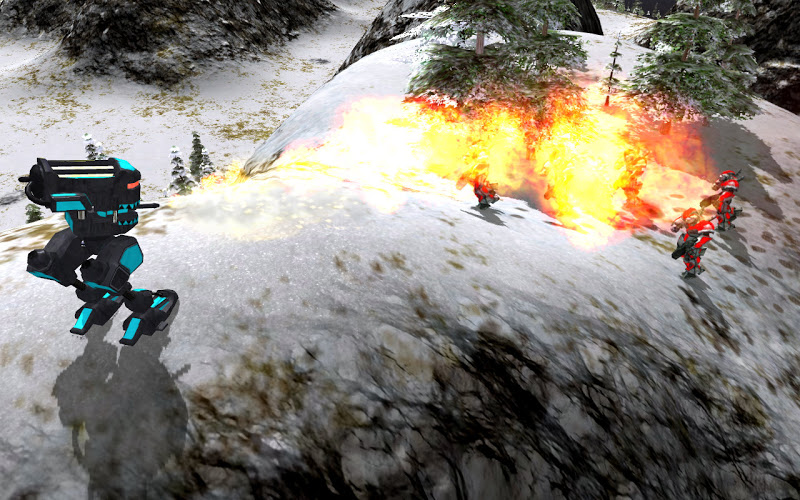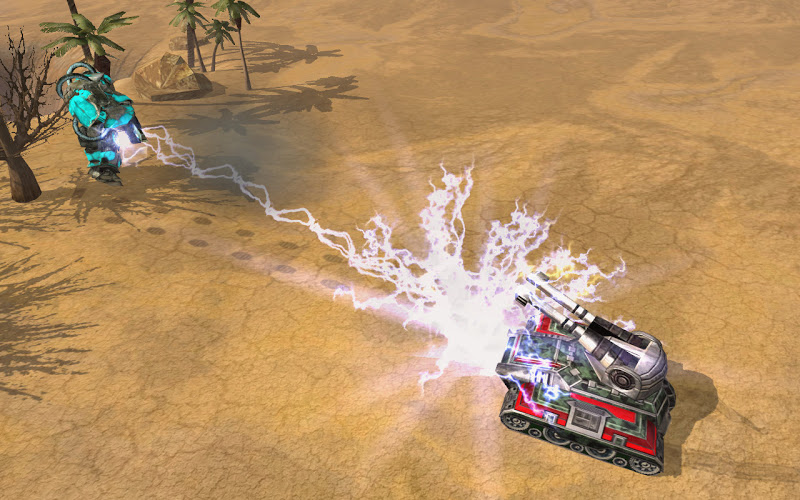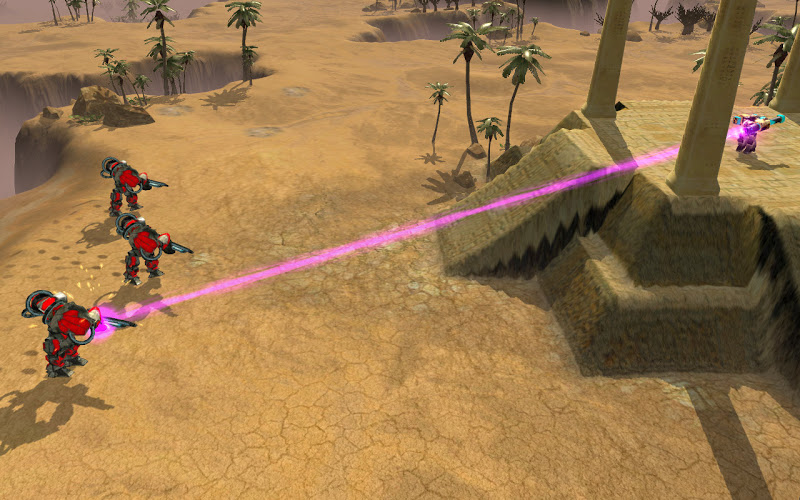Difference between revisions of "Weapon classes"
m |
m (Linked Starlight.) |
||
| (2 intermediate revisions by the same user not shown) | |||
| Line 1: | Line 1: | ||
This is a list of some of the commonly found '''weapon types''' in Zero-K and their unique characteristics. | This is a list of some of the commonly found '''weapon types''' in Zero-K and their unique characteristics. | ||
| + | {{TOC right}} | ||
| − | Some weapons are able to apply temporary effects like <span id="EMP">[[EMP|<abbr title="electromagnetic pulse">EMP</abbr>]]</span>, <span id=" | + | Some weapons are able to apply temporary effects like <span id="EMP">[[EMP|<abbr title="electromagnetic pulse">EMP</abbr>]]</span>, <span id="Slow">[[slow]]</span>, <span id="Fire">[[fire|burning]]</span>, or <span id="Capture">[[capture]]</span> damage when they hit their target. {{See|Status Effects}} |
| − | {{ | ||
==Overview== | ==Overview== | ||
| − | |||
{| class="wikitable sortable" | {| class="wikitable sortable" | ||
! Name !! Range Type !! Notes | ! Name !! Range Type !! Notes | ||
| Line 36: | Line 35: | ||
==Lasers== | ==Lasers== | ||
| − | Lasers are accurate weapons that require a direct path between the weapon and target. They have no area of effect with the exception of the Starlight superweapon. Laser thickness is a good indicator of how much damage it does. They have spherical range and thus have their maximum 2D range against units at the same height as them. Lasers hit instantly, which makes the constant-fire lasers good against fast ground units and air. Burst-fire lasers can still hit fast units but are not good against them. If the target of a burst laser dies the laser can continue on and deal the remaining damage to units behind the target. | + | Lasers are accurate weapons that require a direct path between the weapon and target. They have no area of effect with the exception of the [[Starlight]] superweapon. Laser thickness is a good indicator of how much damage it does. They have spherical range and thus have their maximum 2D range against units at the same height as them. Lasers hit instantly, which makes the constant-fire lasers good against fast ground units and air. Burst-fire lasers can still hit fast units but are not good against them. If the target of a burst laser dies the laser can continue on and deal the remaining damage to units behind the target. |
[[File:Weapon laser.jpg]] | [[File:Weapon laser.jpg]] | ||
Latest revision as of 06:03, 9 November 2021
This is a list of some of the commonly found weapon types in Zero-K and their unique characteristics.
Some weapons are able to apply temporary effects like EMP, slow, burning, or capture damage when they hit their target.
- Further information: Status Effects
Overview[edit]
| Name | Range Type | Notes |
|---|---|---|
| EMG | Ballistic | High damage, short range |
| Lasers | Spherical | Instant hit, pulsed |
| Missiles | Cylindrical | Tracking |
| Rockets | Cylindrical | Doesn't track |
| Plasma Cannons | Ballistic | Range affected by height |
| Gauss | Ballistic | Penetrates |
| Heatray | Spherical | Damage falls off with range |
| Fire | Cylindrical | Penetrates, sets units on fire |
| Lightning | Spherical | Inaccurate, temporarily disables unit |
| Disruptor | Spherical | Accurate, temporarily slows units |
EMG[edit]
EMGs are rapid-firing weapons that shoot numerous small plasma bullets. They are effective against any land targets and against air targets that get in range. They have high damage output but short range. They have a ballistic trajectory like the plasma cannon that makes them significantly better at fighting downhill. Additionally, bullets from Heavy EMGs burst on impact, doing damage in an area of effect.
Lasers[edit]
Lasers are accurate weapons that require a direct path between the weapon and target. They have no area of effect with the exception of the Starlight superweapon. Laser thickness is a good indicator of how much damage it does. They have spherical range and thus have their maximum 2D range against units at the same height as them. Lasers hit instantly, which makes the constant-fire lasers good against fast ground units and air. Burst-fire lasers can still hit fast units but are not good against them. If the target of a burst laser dies the laser can continue on and deal the remaining damage to units behind the target.
Missiles[edit]
Missiles are projectiles that track their targets. Missiles have yellow exhaust and white smoke. All missiles will attack air, and most missiles will attack ground, except the missiles of dedicated anti-air units (which have blue exhaust). Missile range is not affected by terrain, giving them a cylindrical target shape. As a result, with a large enough height difference, missiles will outrange the lasers that would outrange them on a flat surface.
Rockets[edit]
Rockets are projectiles that do not track their target, but continue along their trajectory until impact. Rockets have red exhaust and black smoke. Rocket range, like missile, is not affected by terrain. Some rockets require a direct line to fire, which makes them more likely to hit enemies other than their target if they miss. Other rockets have an arcing trajectory that makes them very good at shooting over allies, so they can be quite powerful in groups. Rockets are slow, so they almost never hit air units and are poor at hitting fast units.
Plasma Cannons[edit]
Plasma shells are a standard weapon for many units. Plasma Cannons are mostly fairly accurate with the exception of high-trajectory plasma artillery. Plasma shells move relatively slowly and are affected by gravity, which gives them a ballistic trajectory, significantly increasing their range downhill while decreasing range uphill. The trajectory also means that they can often shoot over friendly units. Their slow projectile speed makes most plasma weapons good against large, slow-moving, or stationary targets, but generally not as good against fast moving targets or airborne units.
Gauss[edit]
Like fire, gauss is also a penetrating weapon that moves through units. Unlike disintegrators and flamethrowers, gauss weapons do not deal more than their listed damage to a single unit despite being penetrating like those types of weapon. Gauss projectile is ballistic like that of a plasma cannon, which increases its range downhill. The faster projectile makes it able to often hit air and fast units, though it can miss.
Heatray[edit]
Heatrays, similar to lasers, require a direct path of fire between the weapon and target. Unlike lasers, the damage falls off with range, so the more distant the target the less damage is done. Close the distance to your target for more damage. Like lasers, they have spherical range.
Fire[edit]
Fire is a penetrating weapon with cylindrical range. It will do damage to all units in its firing line. Units hit by fire weapons also catch on fire and will continue to take damage for some time. This is useful for disabling cloak and repair. It can hit fast units and aircraft.
Lightning[edit]
Lightning is direct-fire and carries EMP stun along with its damage. It has spherical range. Lightning weapons usually disable their targets before killing them, allowing them to be finished off with no fear of retaliation. Lightning is always blue. Lighting is somewhat inaccurate, but should reliably hit any large unit.
Disruptor[edit]
Disruptors are beam weapons that apply the slow effect along with their damage. They have spherical range and are very accurate.
Conclusion[edit]
While this guide covers many of the more common types of weapons, there is still a wide variety of interesting devices at your disposal. The best way to learn them all is to have fun experimenting with them!
